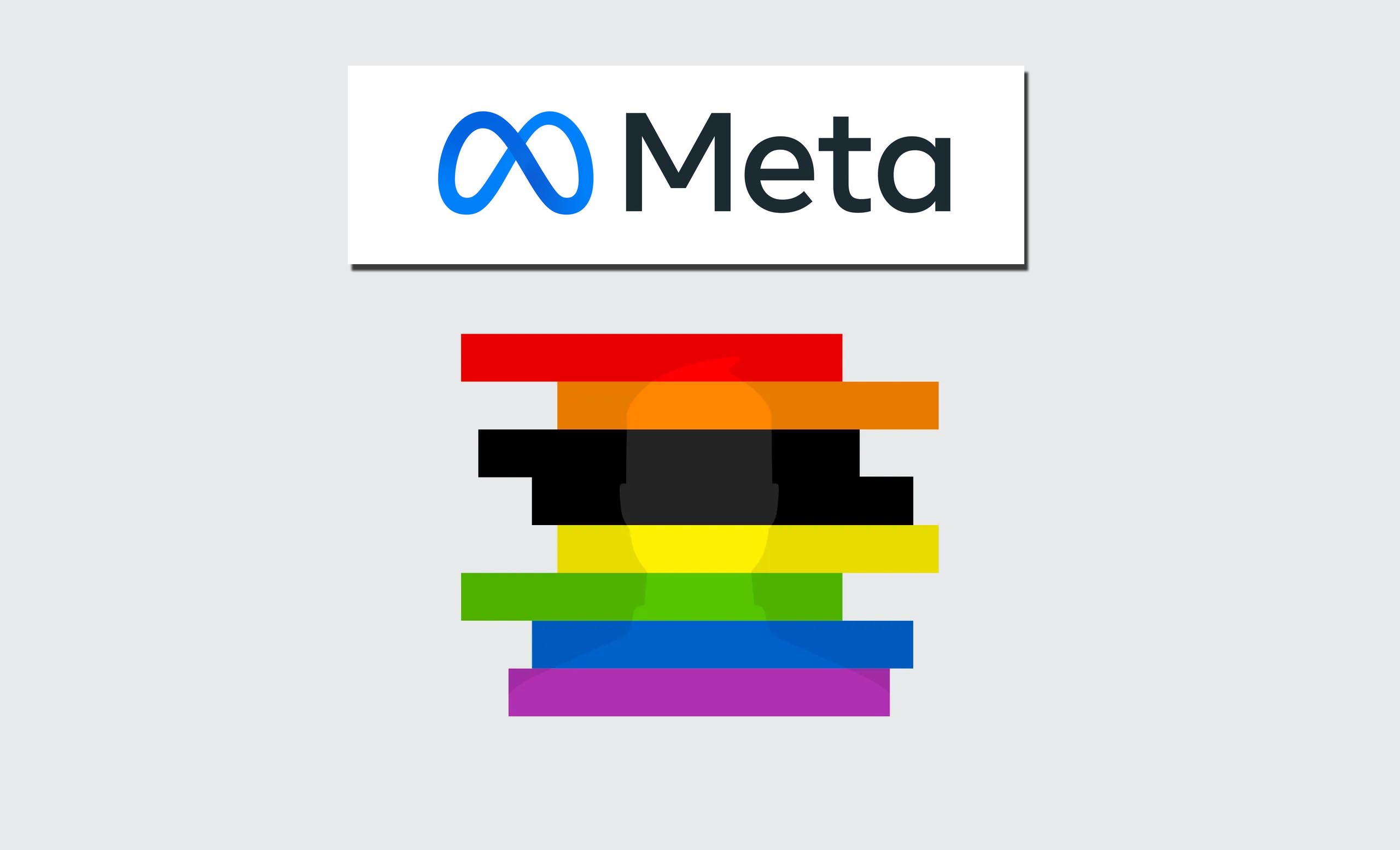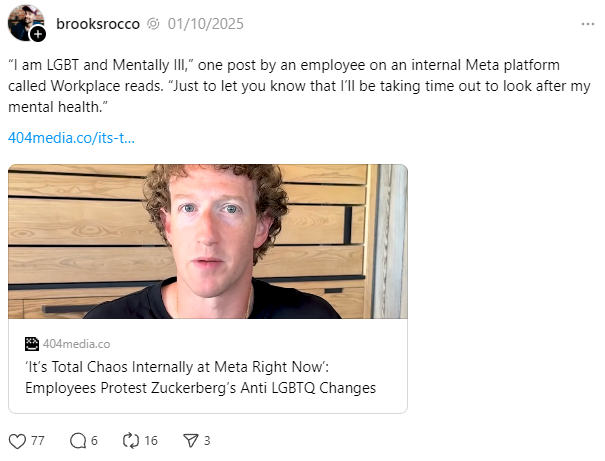Meta’s recent revisions to its hate speech guidelines mark a troubling shift towards normalising harmful narratives targeting marginalised communities. By explicitly permitting users to accuse LGBTQIA+ individuals of being “mentally ill” or to compare women to household objects, Meta’s policies not only put inclusivity on stakes but risk inciting real-world violence against these communities thereby disturbing the harmony in the society.
Quoting the Guidelines: An Ethical Dilemma
Under the new policy, Meta states:
“We do allow allegations of mental illness or abnormality when based on gender or sexual orientation, given political and religious discourse about transgenderism and homosexuality and common non-serious usage of words like ‘weird.’”
Additionally, the revised policy allows content such as:
“Comparing people to household objects, calling entire ethnic groups ‘filth,’ or arguing that LGBTQIA+ individuals should be excluded from certain spaces or professions.”
This represents a stark departure from previous hate speech policies that prohibited such dehumanising language, recognising its potential to create “an environment of intimidation and exclusion.”
Employee and Advocacy Group Backlash
Meta’s own employees have criticised the decision as “appalling,” with one post reading:
“I am LGBT and “mentally ill”. Just to let you know that I’ll be taking time out to look after my mental health.”
Advocacy groups have been equally vocal. GLAAD, for instance, stated:
“Meta is giving the green light for people to target LGBTQ people, women, immigrants, and other marginalised groups with violence, vitriol, and dehumanising narratives.”
The Consequences of hate normalisation
Meta’s history provides troubling evidence of its platforms enabling real-world atrocities, most notably the Rohingya genocide in Myanmar and the Capitol riots in the United States. In Myanmar, Facebook was identified by UN investigators as a key tool in spreading dehumanising rhetoric against the Rohingya Muslim minority, with hate-filled posts labelling them as “vermin” and “threats.” This unchecked hate speech incited widespread violence, resulting in over 700,000 people being displaced and thousands killed. Similarly, in the U.S., Meta’s platforms played a significant role in facilitating the organisation of the January 6 Capitol riots by allowing misinformation and extremist content to proliferate unchecked. These events demonstrate how Meta’s platforms, when deregulated or permissive, become breeding grounds for hatred and violence. With its new policies permitting users to call LGBTQIA+ individuals “mentally ill” or compare women to “household objects,” Meta risks repeating these disastrous patterns. By legitimising dehumanising rhetoric, these policies pave the way for escalating offline violence, societal polarisation, and the erosion of public safety. Without decisive corrective action, Meta could again find itself at the centre of global crises fuelled by its own platforms.
Way forward
While the world moves forward to embrace inclusivity and champion LGBTQIA+ rights, Meta’s recent policy changes reflect a regressive step reminiscent of the discriminatory attitudes of past generations. The global momentum for LGBTQIA+ equality is evident in initiatives like the United Nations’ Free and Equal campaign, which tirelessly works to combat harmful practices, promote legal protections, and foster societal acceptance of LGBTQIA+ individuals in regions as diverse as Africa, Albania, Brazil, and Vietnam. These efforts underscore a commitment to ensuring dignity and equality for all, yet Meta’s decision to permit users to call LGBTQIA+ individuals “mentally ill” directly undermines this progress. By sanctioning such language, Meta is aligning itself with outdated, oppressive ideologies at a time when the global community is advocating for inclusion and acceptance. Human rights activists and allies worldwide must stand in solidarity to condemn this policy and demand accountability from Meta. It is imperative that Meta rescind these harmful changes and reaffirm its commitment to safeguarding dignity, equality, and respect for all users.
Related:
India’s LGBTQIA+ struggle: beyond legal victories, battle for true equality remains
From Judgments to Handbook: India’s Transformative Journey towards LGBTQIA+ Equality


